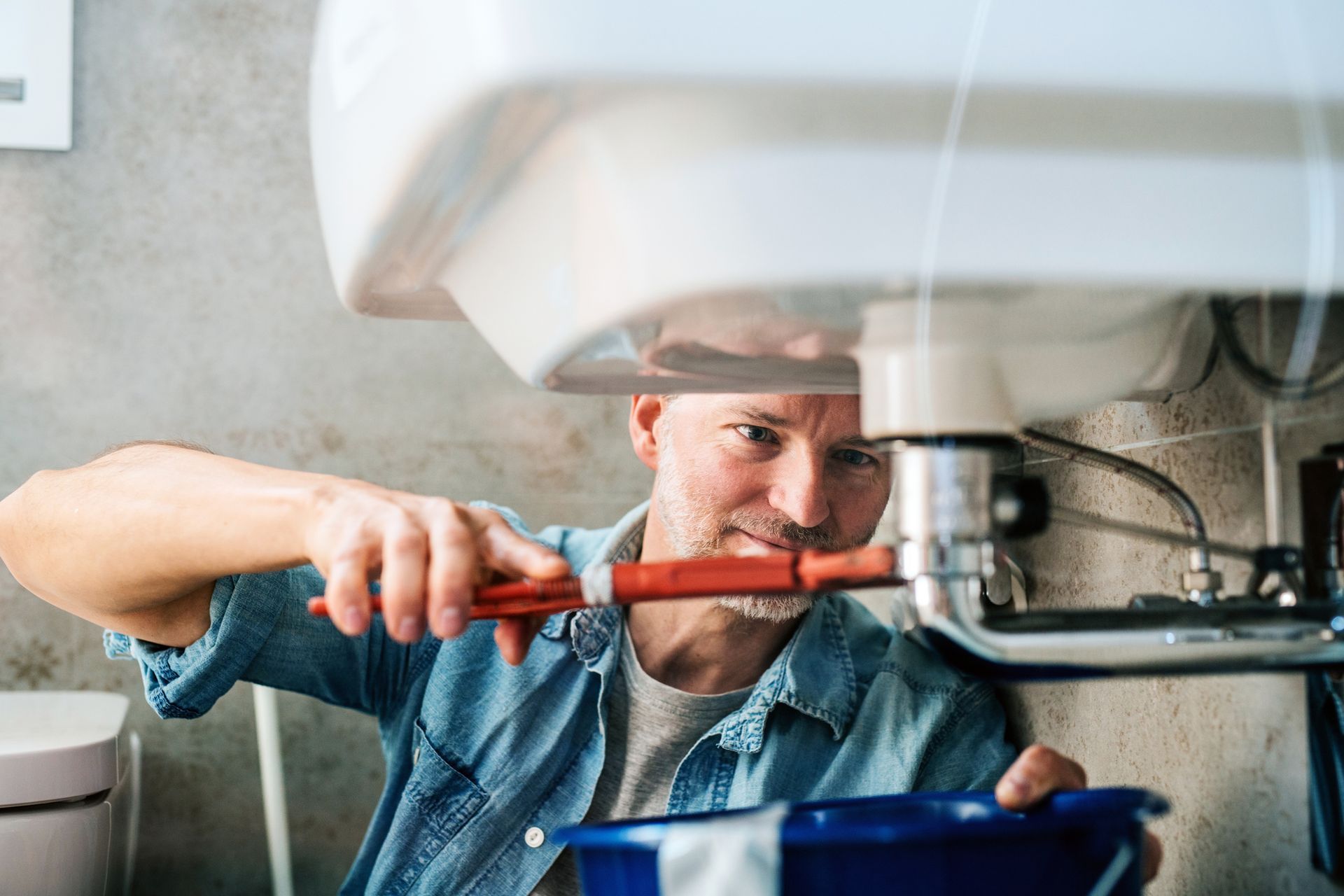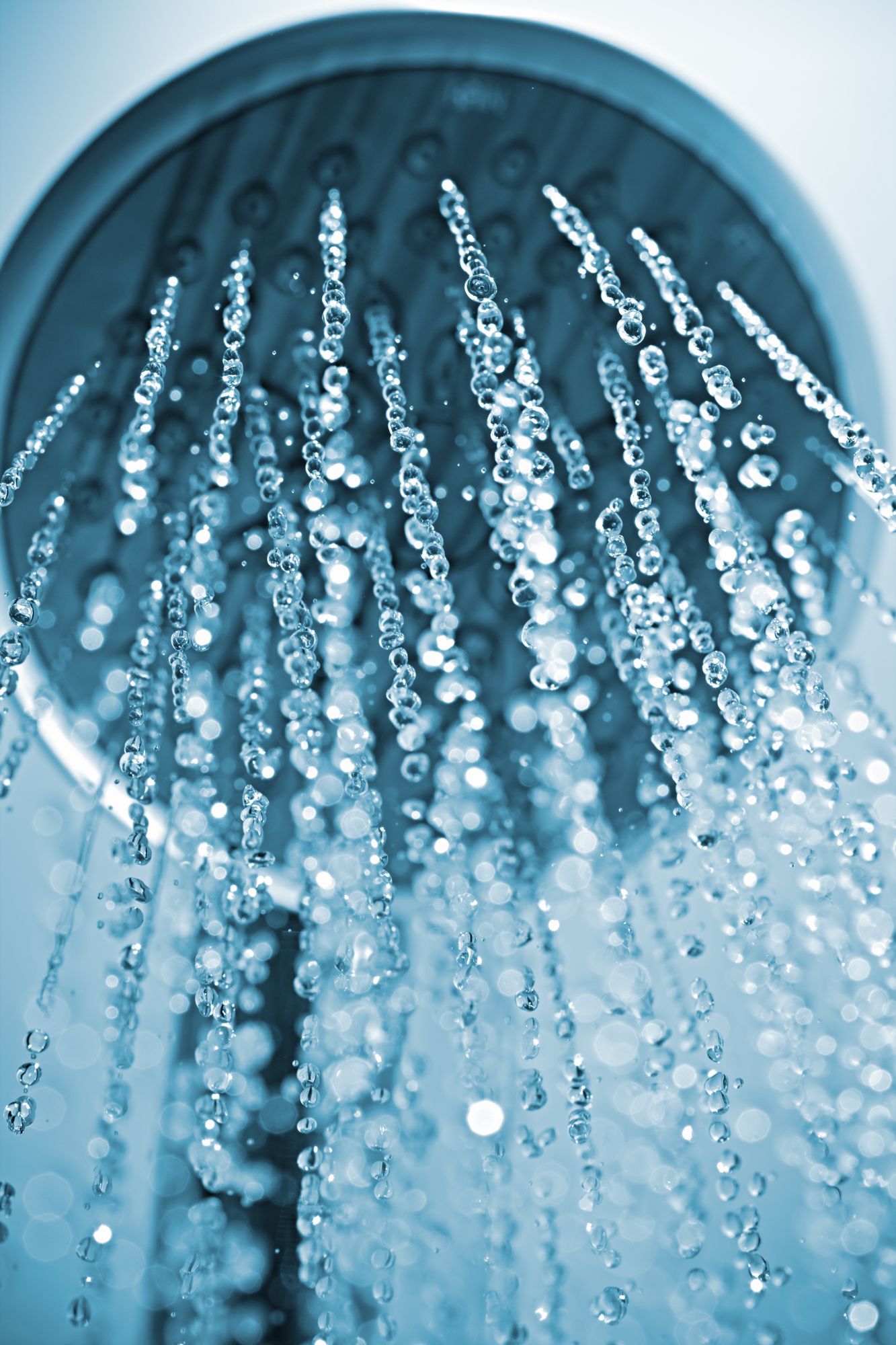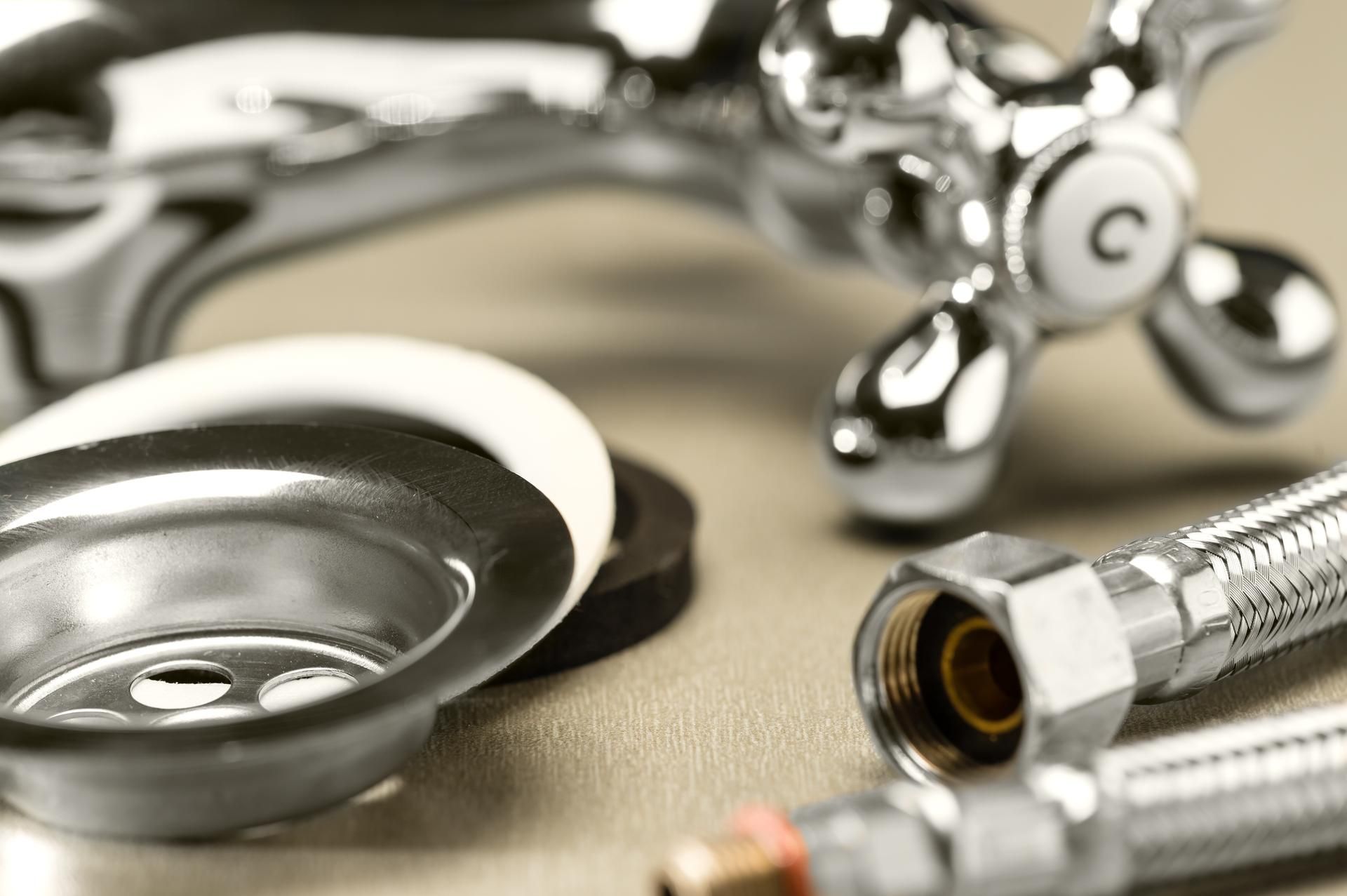The Beginner’s Guide to Sump Pumps
If you own a home in the Chicago area, you’re no stranger to humidity, rainstorms and snowstorms.
Chicago’s location and weather conditions can make the area susceptible to floods. For instance, in June of 2015, a storm set off tornado sirens across the city and it rained hard enough that the National Weather Service issued a flash flood warning.
If you live in the top half of an apartment complex, you don’t need to worry about floods ruining your property. But if you live in a suburban home, complete with one or two stories and a basement, you need some way to deal with potential floods.
Because of this flood risk, most homes in the area come equipped with sump pumps, which keep floodwater out of your basement. Of course, sump pumps only protect your property if they’re well maintained, so read on to learn more about how these units function, how a plumber can help you maintain them, and how often they need to be replaced.
What Are Sump Pumps, and How Do They Work?
Sump pumps are small pieces of equipment that a plumber installs at the deepest part of your home’s basement or in your crawlspace. This miniature pump has one job: to move water that pools beneath your house away from the home’s foundation. When the pump functions correctly, it should prevent water damage to your basement, foundation, and crawlspaces.
Plumbers usually position sump pumps in a sump pit. The water that pools beneath your house runs into the sump pit, and the pump then funnels this water away through a discharge pipe. Usually, the pump directs the water into a dry well or storm drain.
Sump pumps should not funnel into sewage systems as per most municipal codes. The pipes from old homes might still channel into the local sewer system, so if you recently purchased an older home, contact a plumber. He or she can figure out where you sump pump runs and install a new run-off system as needed.
Most homeowners have one of two types of sump pumps:
- Submersible pumps are self-contained pumps with a waterproof seal around the motor.
- Pedestal pumps sit on pedestals that elevate them above the water.
Most modern homes already have sump pumps if needed, but a plumber can retrofit your home to fit one if you live in an older house. A plumber can also talk to you about the right type of pump for your home based on factors like its layout and location.
What Are the Most Common Problems My Sump Pump Experiences?
If you experience a problem with your sump pump, one of the following culprits might be to blame:
- Your sump pump can’t cope with its current load because it’s too old or hasn’t been well maintained.
- Your sump pump was installed incorrectly.
- Your sump pump is backed up or clogged.
- Your sump pump’s operating switch is stuck. If you have this problem, some force has shifted the pump so the switch is jammed, or a piece of debris has jammed the switch.
- Your sump pump’s pipes have frozen.
The length of time your pump lasts can vary. You want to consider having your plumber check your pump every spring, just in time for the rainy season. A reliable working pump brings peace of mind.
How Do I Know If My Sump Pump Works?
Because your sump pump shouldn’t have to work as often as your other appliances, you might not know if it’s experiencing any of the problems listed above.
Of course, you don’t want to wait until the middle of a storm to find out if your sump pump works or not. Fortunately, you can identify a few key signs that indicate if it might be failing:
- You notice mold and mildew around your house, especially in the basement or crawlspaces.
- You can see mud and debris around your sump pump.
- You can hear your sump pump’s motor running constantly.
- Your basement feels unusually humid.
If you can see water pooling in the basement, contact a plumber to fix your sump pump as soon as possible.
Get in Touch With a Plumber
If you think you have a problem with your sump pump , call a plumber who can diagnose the issue and replace or repair the pump as needed.
With a little maintenance and the occasional repair, your sump pump can effectively keep you and your property safe from floods all year long.
The post The Beginner’s Guide to Sump Pumps appeared first on .
Leave A Reply
More Posts









